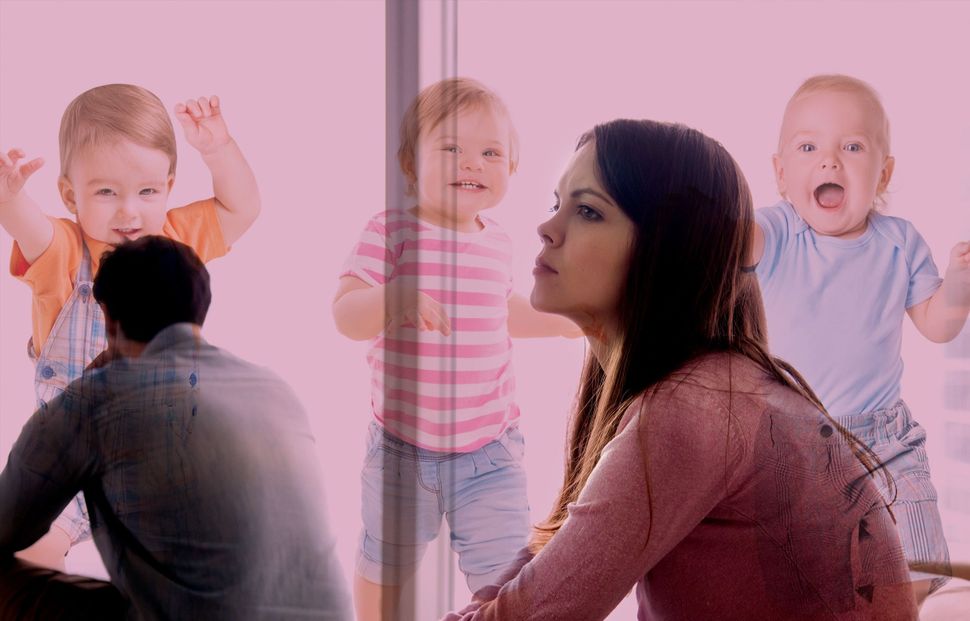Jewish Women Turn to Social Media When Battling Infertility

Image by Nikki Casey
“Be fruitful and multiply” is the Torah’s first commandment, but it is one that is extremely difficult, if not impossible, for one out of every ten couples to fulfill.
While being Jewish does not mean an increased risk of infertility, the emotional difficulties can be exacerbated due to the centrality of family in traditional Judaism.
Writer and social worker Shira Lankin Sheps, who deals with secondary infertility, believes that social media can be both helpful and harmful to women battling infertility.
“For the most part, our social media lives are not true,” she said in an interview with the Forward. “It shows us the external; the wedding photos and then the baby photos and you assume that everyone else’s life is perfect”. Sheps runs The Layers Project, a photojournalism online magazine that interviews Jewish women about their challenges and triumphs.
When it comes to talking about infertility and eliminating its stigma, Sheps insists that the pros of social media outweigh the cons: “Social media does this amazing thing where it can create awareness like no other media, because you have the oppurtunity to directly experience someone’s personal narrative.”

Shira Lankin Sheps, founder of The Layers Project.
Sheps says that Facebook has been the most impactful form of social media for her personally, as well as for The Layers Project. “All across the Jewish world, especially in Orthodoxy, women are waking up in terms of owning up in a more open way and I think it’s really due to Facebook taking off. There’s so much fake news out there and I think women are just looking for authenticity from each other as guidance,” she says.
Sheps added that Jewish women can learn from each other’s resiliency, even if they are not going through the exact same experiences.
“You don’t have to be dealing with infertility to learn about coping mechanisms from a woman who is dealing with that,” she explained. “If you read a woman’s narrative who is infertile, the next time you are sitting around the Shabbat table with someone who has been married for 10 years and doesn’t have kids, you aren’t going to be thinking the same insensitive things you may have before.”
Modern Orthodox fashion blogger Elizabeth Savetsky wrote in the Forward last month that following a miscarriage, “oversharing on social media is a good thing.”
“I decided to share the loss of my pregnancy on my Instagram Stories, because it felt ‘right’ for me and my followers,” she explained. “But I did it my way — raw emotion expressed via Instagram’s puppy filter to camouflage my puffy eyes.”
Other social media accounts built to help Jewish couples dealing with infertility include the Twitter handle @JewishStork and the Facebook page “Yesh Tikvah”.
Contact Haley Cohen at [email protected]




















